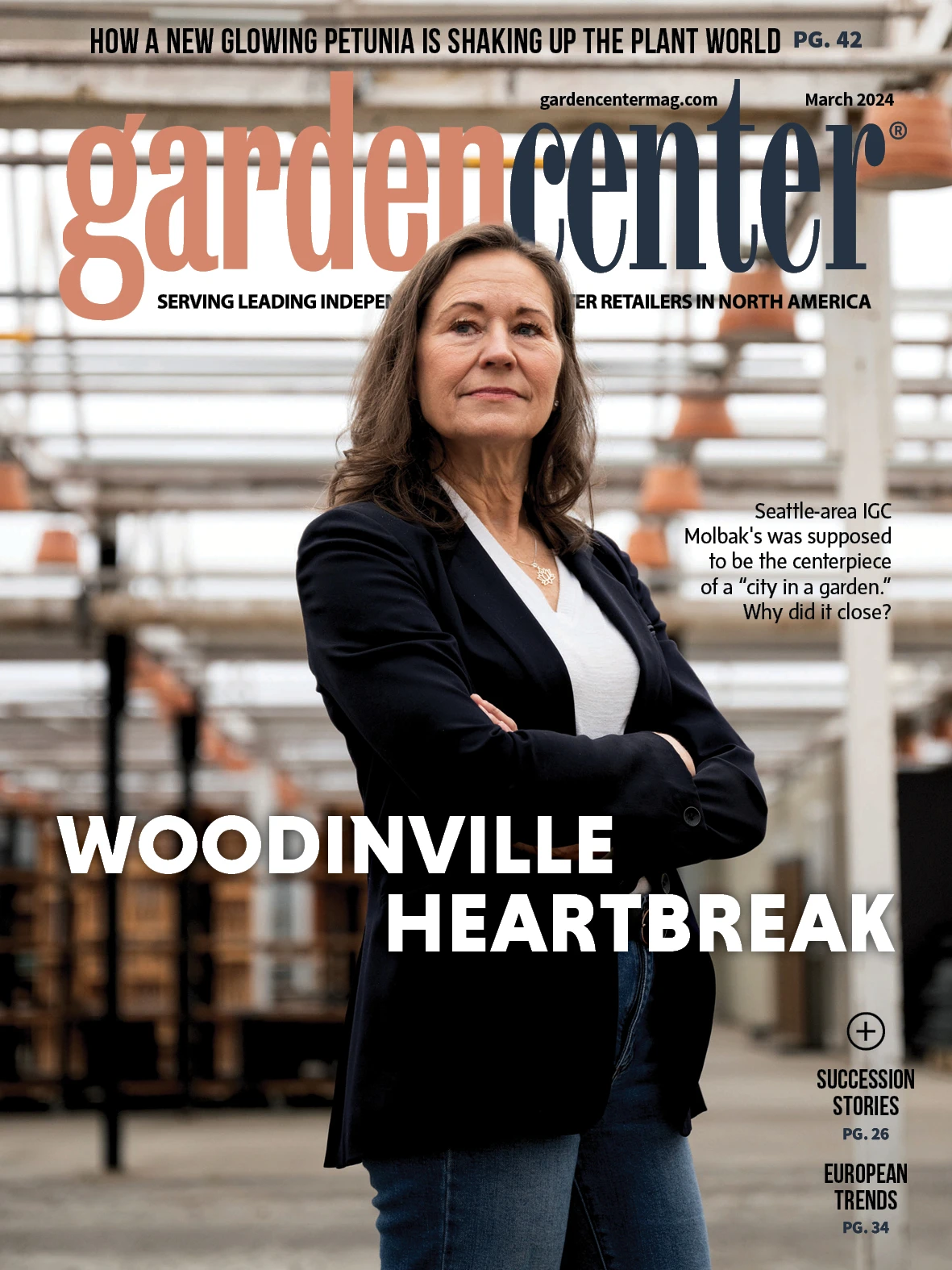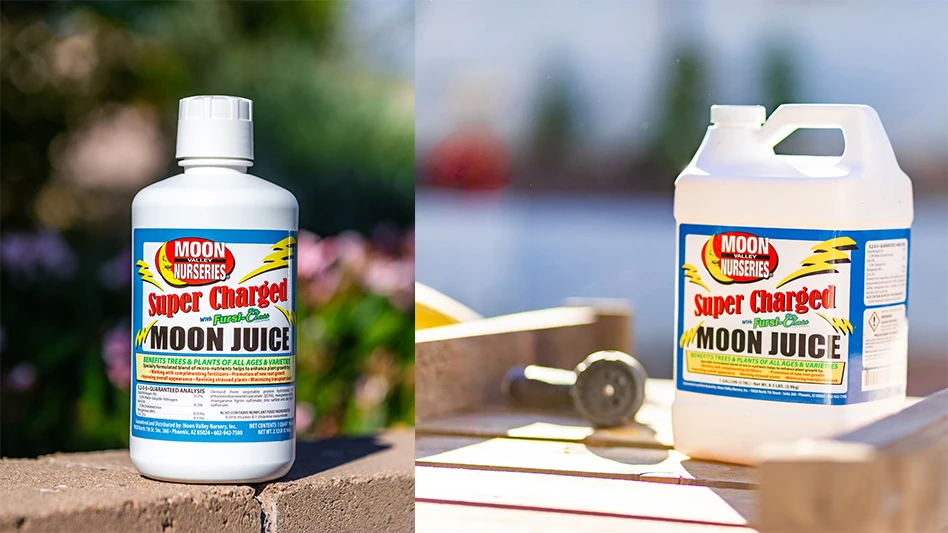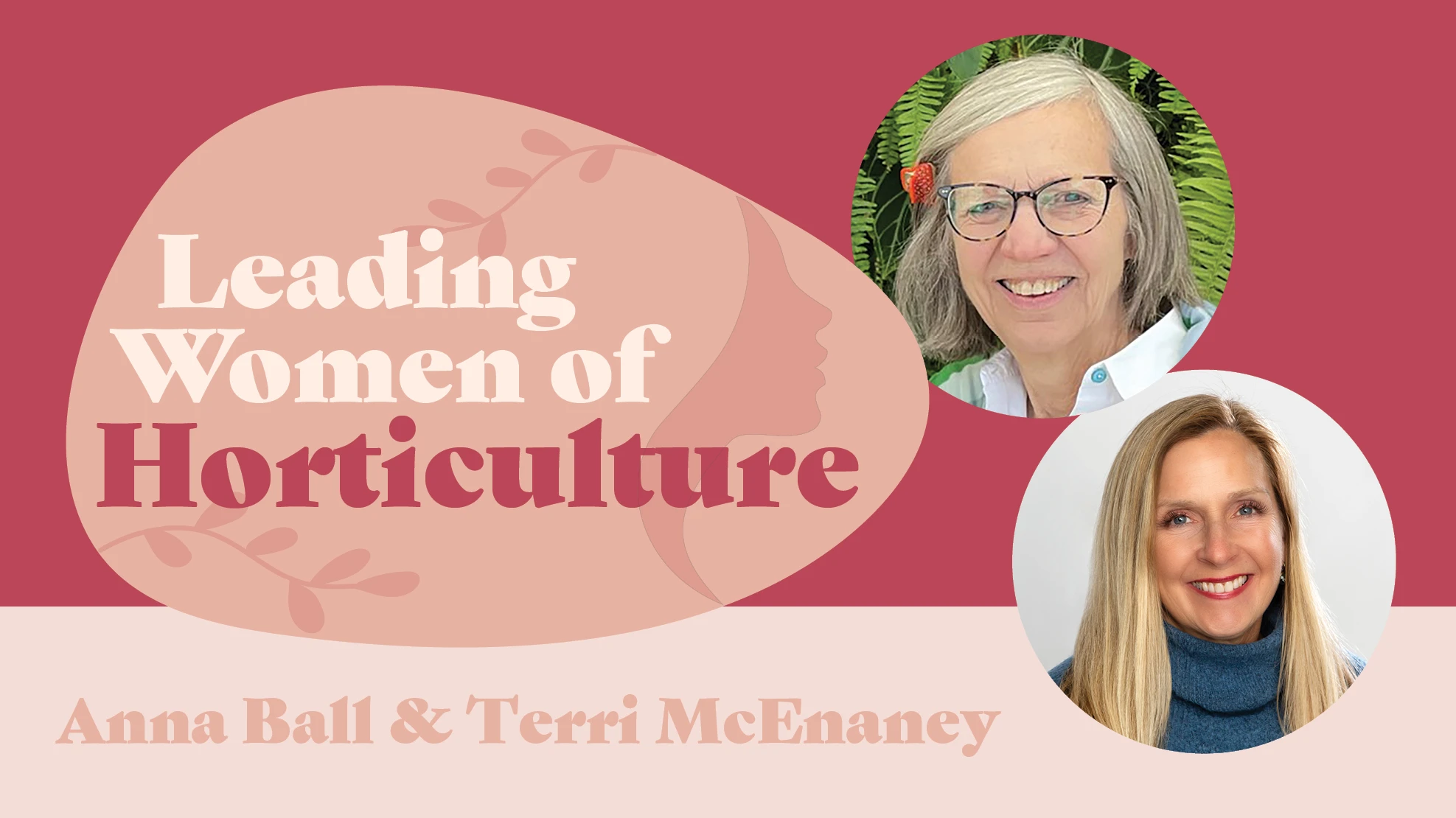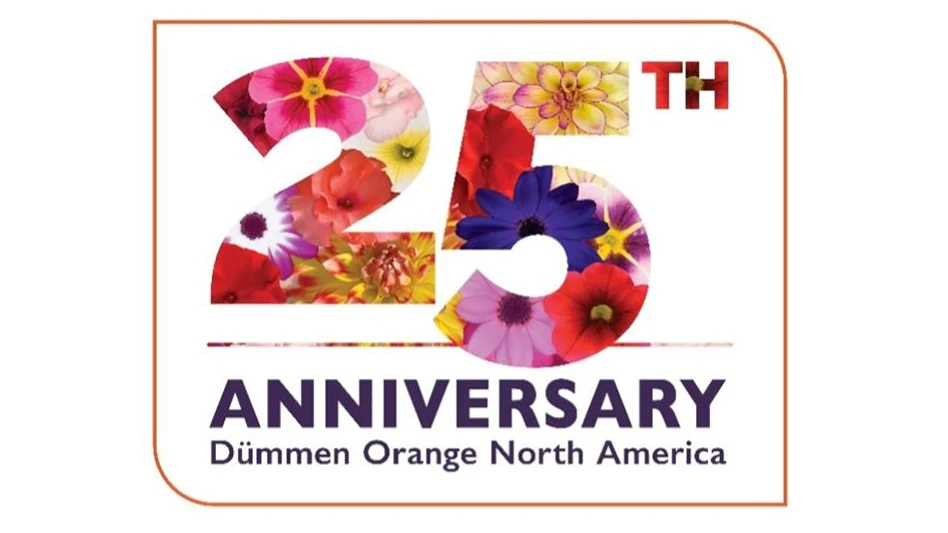
xMicrovOne | iStock

My business came into being because my husband and I could not manage being partners in Ad-Venture, our small graphic design company. The reason was as simple as this: I had one business philosophy, and he had another. I realized we could either be happily married or unhappily in business together. So, I started looking for my next gig rather than my next husband.
Fortunately, our joint business venture had been relatively successful, so I could take a step back and evaluate other options. After an initial spat over his resentment that I had quit, the path to my current business, Growing Places Marketing, went through the Southern Nursery Association trade show in Atlanta in 1994. I had an engaging logo and professional signage in a booth designed and executed by Ad-Venture Advertising and delivered to the trade show floor in my red Ford Splash pick-up.
Thirty years and many twists and turns later, Growing Places focuses on retail store design as the basis for all business development for independent garden centers. Along the way, I have designed print marketing materials, catalogs and trade show booths for landscapers, growers and trade groups before coming to focus on the store as the retailer’s most important marketing tool.
But, after that initial business breakup with my husband, my work became a one-woman show. I didn’t have to arrive at consensus with anyone.

Reflecting on this, I realized that my story with its interpersonal business conflict and redemption was echoed by some of my clients. I considered the number of times that family dynamics within multigenerational garden centers stopped a project in its tracks or propelled it to successful completion.
I remembered the two brothers who kept an office in the same building but never spoke to one another as they went about respectively running their company’s landscape and retail divisions. I remembered the brother-sister team who disagreed so vehemently on the value of a consultant (not just me but any outside intervention). I remembered making a presentation to a second-generation owner and becoming aware that his mother was sitting directly behind me in the office shaking her head “No” to every suggestion I made. Those projects went nowhere.
But there were others, too: Garden centers with multiple family members with a wide range of backgrounds who were making it work. I began to wonder just how the garden centers I have worked with over the last 30 years have managed to thrive as family businesses, often incorporating multiple family members over multiple generations. What about them? What about the ones I worked with who brought disparate family members into the planning process and actually arrived at consensus and moved forward with a construction project, or a category development plan, or a plan to install a Proven Winners Store-Within-A-Store? Something worked in those situations, and I became curious to explore those dynamics: the family business that actually did business and still had Thanksgiving dinner together.
Over the next year, I will be exploring this topic for Garden Center magazine by looking at a number of single-location family-owned independent garden centers. I selected four garden centers for the initial phase of this project and asked each one to reply to a one-page survey. Each store provided feedback on four areas: site investments and development priorities, personnel development, technology advancements and general family relationships.
This is by no means a science-based research project, although that research would be valuable to the industry. Mine is an anecdotal exploration of how these stores respond and the language they use to describe their transitional success. Because no matter how fraught this procedure has been for each of these stores, they have held the business together and still speak to each other.
The next three articles in this series will focus on the first three issues: site developments, personnel developments and technology. But I want to start this series with the bottom line: how to manage transition and still sit down to dinner.

Let me introduce the four very diverse garden centers currently participating in this project: Araujo Farms in Dighton, Massachusetts; East Coast Garden Center in Millsboro, Delaware; Bast Brothers Garden Center in Mullica Hill, New Jersey; and Rhodes Greenhouses in Henderson, New York. The businesses range in age from 10 to 77 years, although the garden center focus is more recent for most. Three stores emerged from an agricultural heritage and include established growing operations. All operate retail facilities separate from their growing facilities. Other than the fact of their family ownership, all stores maintain unique personalities. For instance, one boasts the presence of a Cobra attack helicopter. I’ll offer a more detailed description of the stores and their owners in the next three articles.
So how have these stores met the transitional challenges and remained on speaking terms? The single element that comes out in all responses is the need for personal compassion bolstered by professional advice, sometimes sought late in the process. When one store’s local tax assessment went from $8,000 to $128,000 in a single year, the new second-generation owner did not reveal this trauma to his cancer-stricken father; he went to the assessment board to “deal with it.” The same owner says, “We are grateful we are still here to both help our son and let him learn through his own actions.”
The strain of who is in control runs through all the replies from these family businesses. One second-generation female owner speaks of her parents “letting go of the reins,” while a first-generation owner says, “I am not ready to sit in a chair and do not think that is healthy.” She goes on to say, “I am really trying hard to step aside, but we are not at the point where others can step up.”
This owner asks a very practical question: “Who is going to do all the paperwork, ordering, paying the bills, etc., etc.” It is the massive amount of “etc.” that often scares the first generation away from “letting go.” Another second-generation owner laments that he would “set expectations and pay scale for all family members …based on position, not because of name or relationship.”
Now that’s truth-telling. This young owner also wishes his family “had a better succession plan in place from the beginning.” But how can you know when the beginning is? One second-generation owner has children under seven years old. And that kind of planning requires valuable time and expensive lawyers.
Another issue lamented by a number of second-generation owners is the lack of respect from employees and vendors. “I work for your dad, not you,” can be a familiar employee pushback. When this same female second-generation owner challenged a greenhouse supplier about more complete drawings for a retail greenhouse in the planning stages, he replied to her, “I can draw it on a napkin for you.” The push and pull of control is at the heart of this issue and reveals the need for professional advice and personal compassion.

But somehow, these families have handled these issues. Maybe they didn’t handle them as comfortably or smoothly as the business would have liked and benefited from, but they handled them.
The garden center that started with two generations as partners in the business from the beginning seems to have the least issues that impact family personal relations. The second-generation owner summarizes the issue of family relations by saying, “This is something we feel comes pretty naturally to us. We often have confrontations, but our family is great at getting over things before dinner.”
I don’t know what they call that sentiment, but I call it forgiveness. It’s important to note that this is an owner whose children will not become part of the transition process for many years. So far? It looks easy from where he sits right now.
Having your own generational transfer issues? Contact me to share your experiences at Judy@growingplaces.com.
Get curated news on YOUR industry.
Enter your email to receive our newsletters.
Explore the March 2024 Issue
Check out more from this issue and find your next story to read.
Latest from Garden Center
- Society of American Florists accepting entries for 2025 Marketer of the Year Contest
- Sustainabloom launches Wholesale Nickel Program to support floriculture sustainability
- American Horticultural Society welcomes five new board members
- Color Orchids acquires Floricultura Pacific, becoming largest orchid supplier in U.S.
- American Floral Endowment establishes Demaree Family Floriculture Advancement Fund
- The Growth Industry Episode 3: Across the Pond with Neville Stein
- Proven Winners offers Certified Garden Center Training for staff education
- Digging In Association hosts inaugural Platinum Trowel Awards at winter conference






